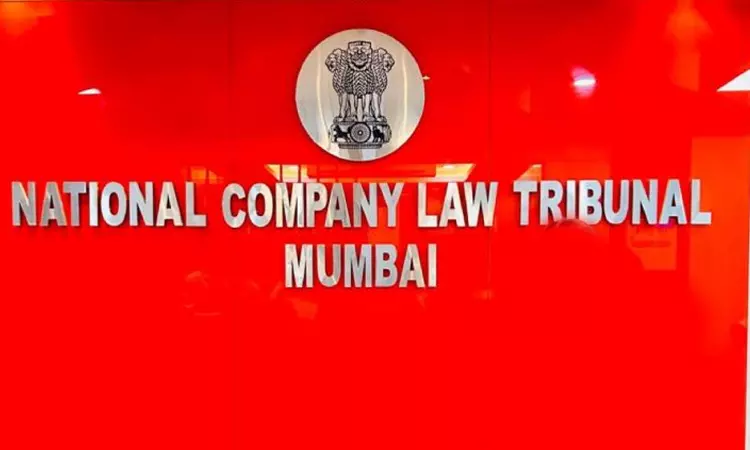No Bar On Compounding Offence U/S 441 Of Companies Act If Punishable With Fine Only: NCLT Mumbai
Mohd Malik Chauhan
7 Aug 2025 7:55 PM IST
The National Company Law Tribunal (NCLT), Mumbai Bench of Hon'ble Shri Ashish Kalia, (Judicial Member) and Hon'ble Shri Sanjiv Dutt (Technical Member) has held that since the punishment under Section 99 of the Companies Act, 2013 is only a fine, and as per Section 441 of the Act there is no bar on the Tribunal to compound an offence punishable only with a fine, the offence of not...
The National Company Law Tribunal (NCLT), Mumbai Bench of Hon'ble Shri Ashish Kalia, (Judicial Member) and Hon'ble Shri Sanjiv Dutt (Technical Member) has held that since the punishment under Section 99 of the Companies Act, 2013 is only a fine, and as per Section 441 of the Act there is no bar on the Tribunal to compound an offence punishable only with a fine, the offence of not holding Annual General Meetings on time can be compounded.
The present application has been filed seeking compounding of the default under section 96 of the Companies Act for failing to hold Annual General Meetings within the stipulated time period.
The Applicant submitted that since the Petitioner Company was undergoing restructuring of its business, it was unable to carry out the requisite financial, legal and operational due diligence activities.
It was further submitted that the alleged offence neither caused any prejudice to the interest of the members, creditors, etc. of the Petitioner Company nor the Petitioner Company and its directors committed the alleged offence with any malicious motive.
Per contra, the Respondent submitted that since the present Compounding Application was filed only by the Petitioner Company and the Petitioner No. 2 i.e., Mr. Ramesh B. Rotti, the offences committed by the aforesaid directors cannot be compounded in the absence of compounding application on affidavit.
The Tribunal observed that since fine is the only punishment which can be imposed under section 99 of the Companies Act and there is no impediment in compounding the offence under section 441 of the Companies Act, it is appropriate in the facts of the present case that the Petitioner should be directed to pay the compounding fee.
It further observed that the petitioner acknowledged the default and rectified the default by subsequently conducting the AGMs on time.
It concluded that in the interest of justice and fair play, the compounding fee will act as a deterrent to prevent frequent occurrence of admitted default. Accordingly, the present compounding application was allowed.
Case Title: NVENT THERMAL INDIA PRIVATE LIMITED V/s REGISTRAR OF COMPANIES, MUMBAI
Case Number: Company Petition No. 7/MB/2025
Order Date: 15/07/2025
Click Here To Download Order/Judgement



